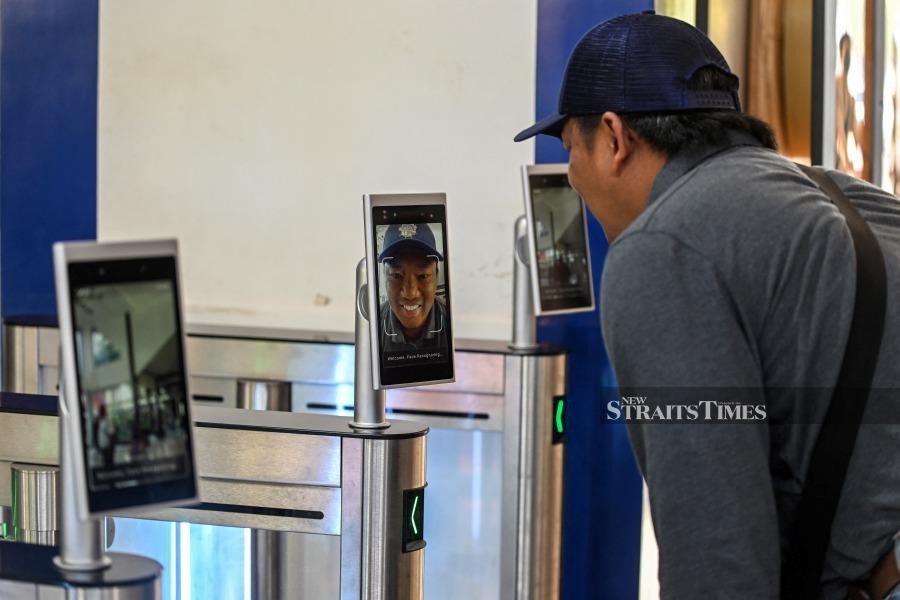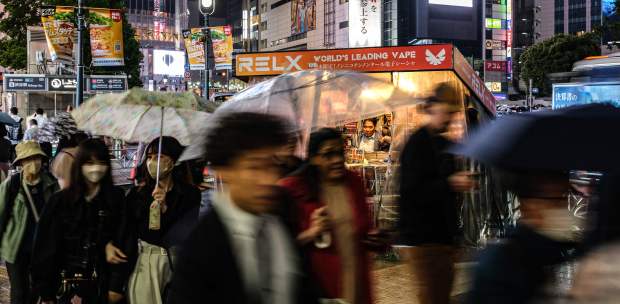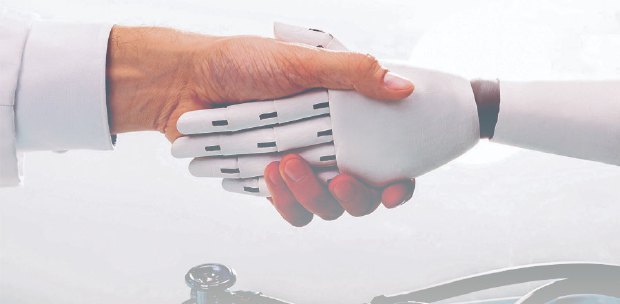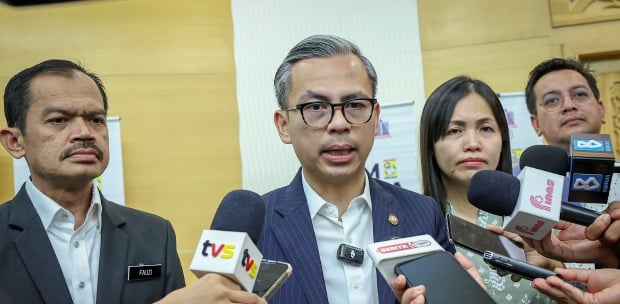THE dialogue about the ethical use of artificial intelligence (AI) is essential as we shape a future where technology serves humanity ethically and responsibly.
As AI systems automate tasks performed by humans, it raises questions about the ethical responsibility to support and retrain affected workers.
Some argue that while AI will replace knowledge workers in the same way robots are replacing manual labourers, AI can create far more jobs than it destroys.
For instance, in the healthcare industry, AI can perform routine tasks, such as data entry and analysis, allowing healthcare professionals to focus on patient care. This can create new jobs in roles that require human interaction and empathy.
Additionally, a study by the World Economic Forum found that AI is expected to create 12 million new jobs by 2025 in sectors such as data analysis, cybersecurity and AI development.
However, it's vital to observe that the ability of AI to create more jobs does not guarantee that displaced workers will transition to these new roles.
There may be a need for more retraining programmes or social policies to support those who are impacted by AI-related job displacement.
Some industries or sectors may be more susceptible to losing workers than others, and it is necessary to consider the economic and social consequences of this impact.
Lastly, the pervasive influence of AI is undeniable, offering potential for positive transformation.
Ensuring a harmonious balance between innovation and responsibility is crucial to guarantee that AI contributes to our lives without compromising values.
HAMIZATUL HUSNA HAMIZAN
Universiti Sains Islam Malaysia





